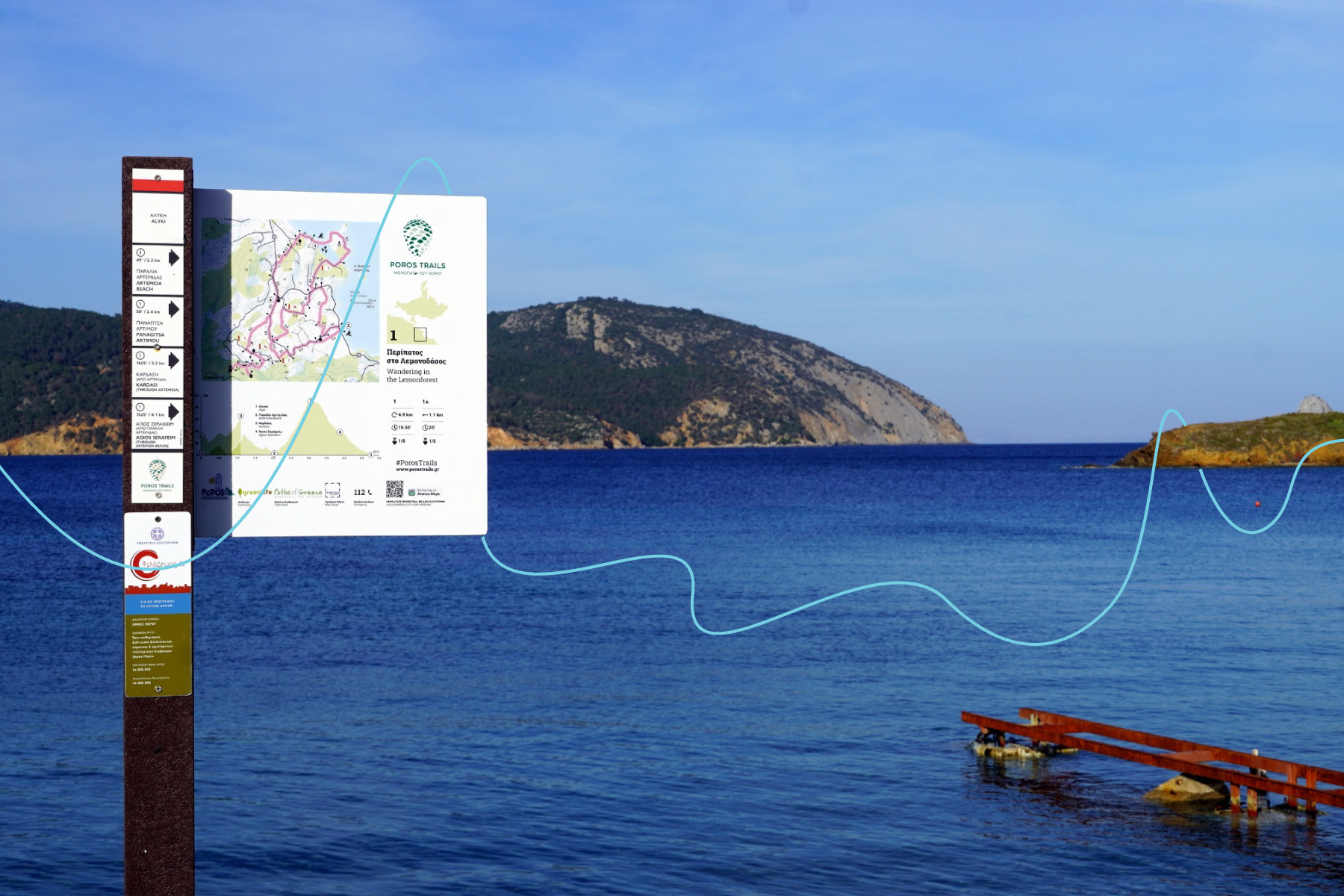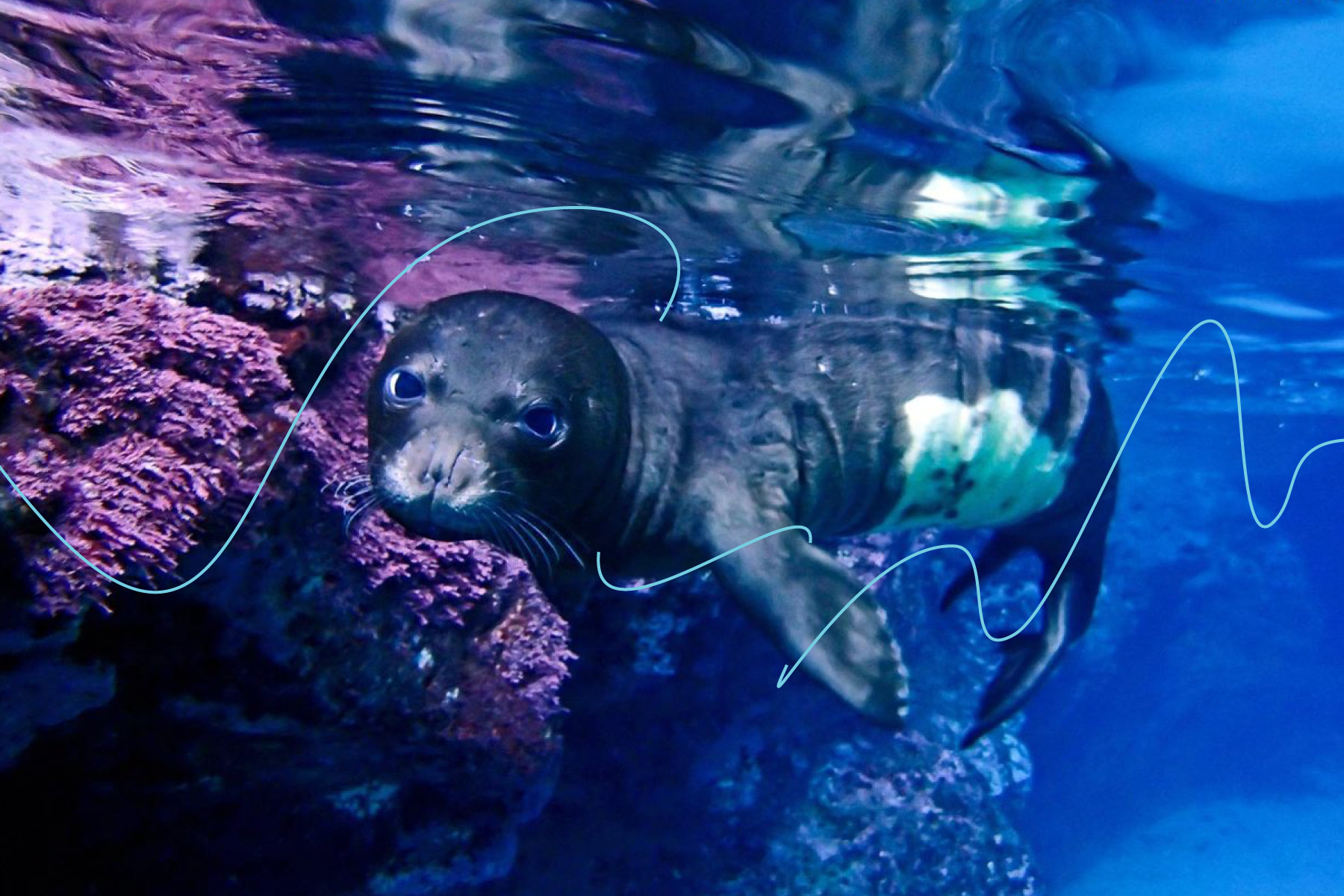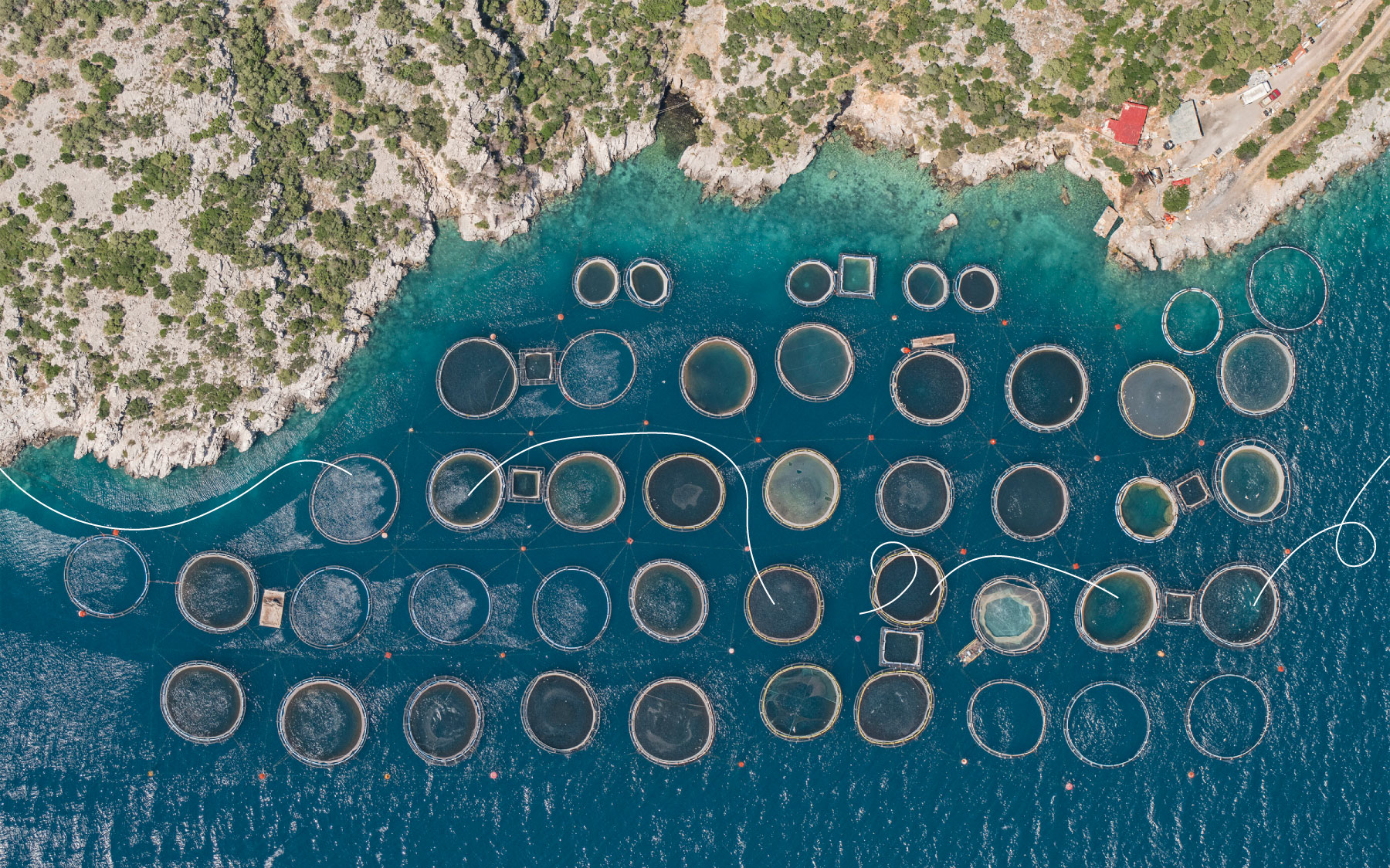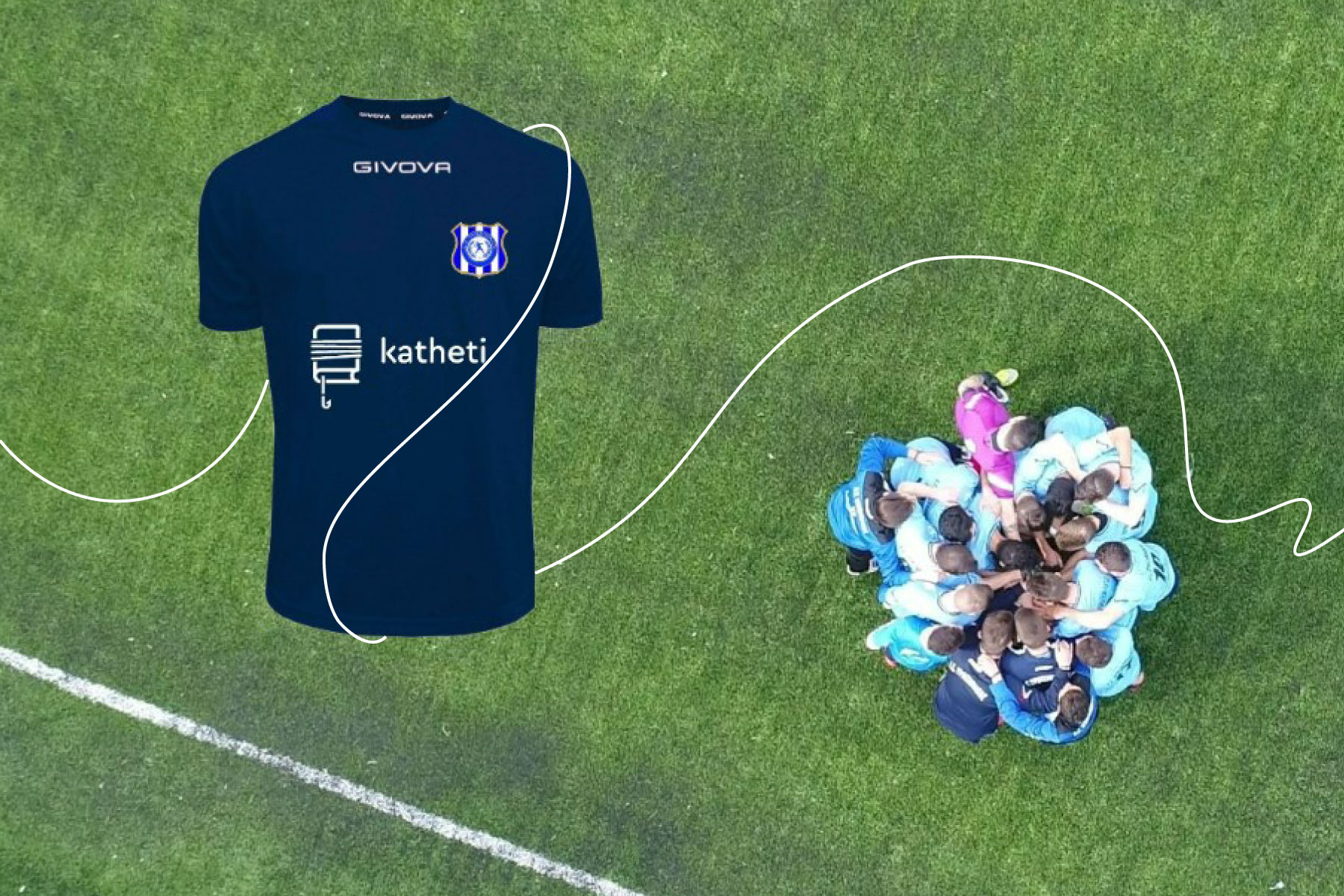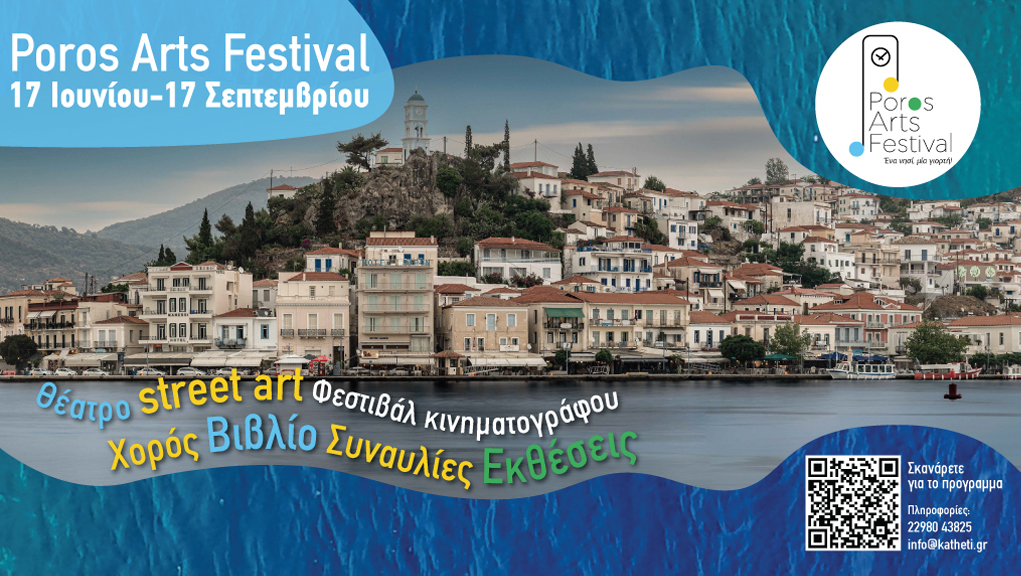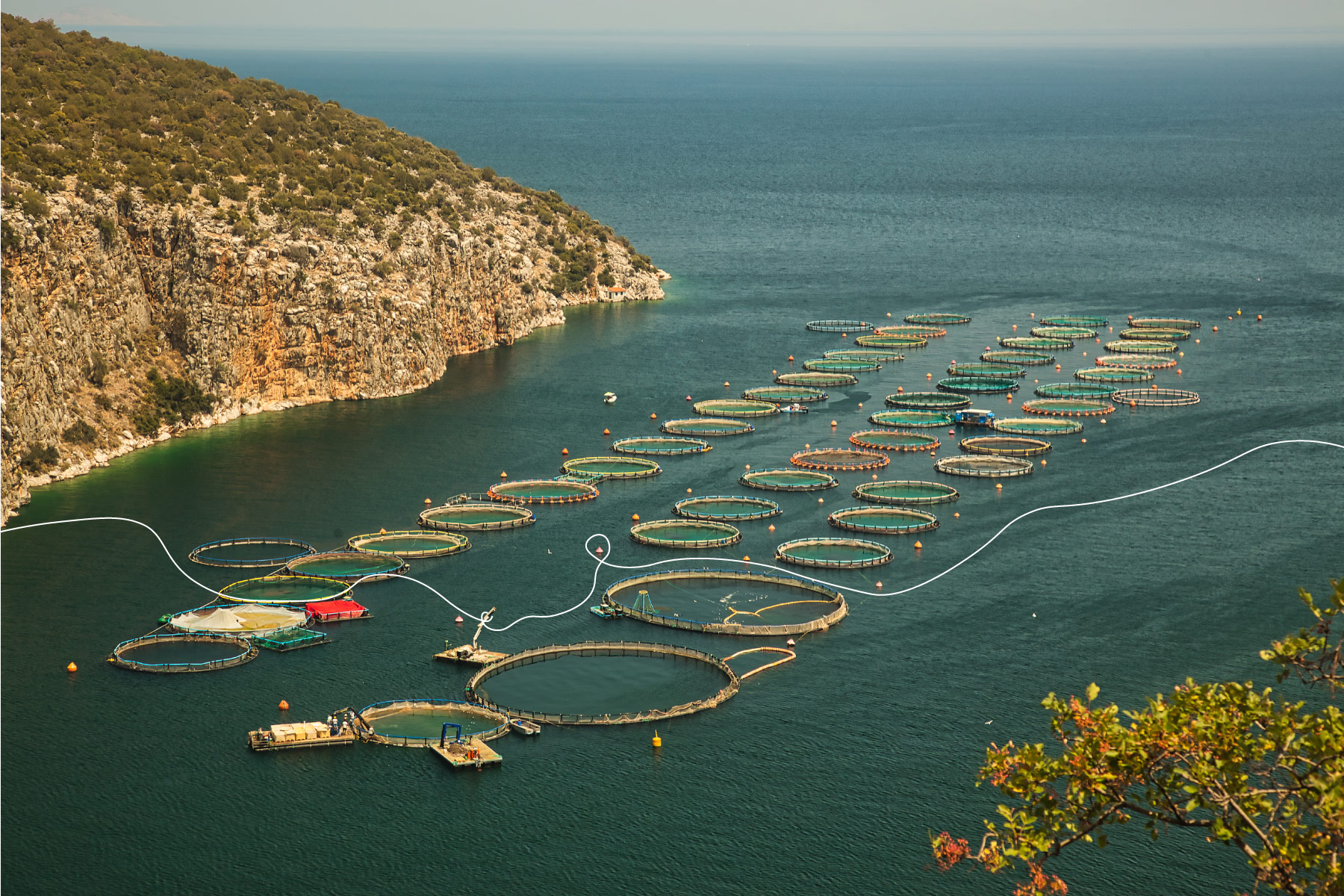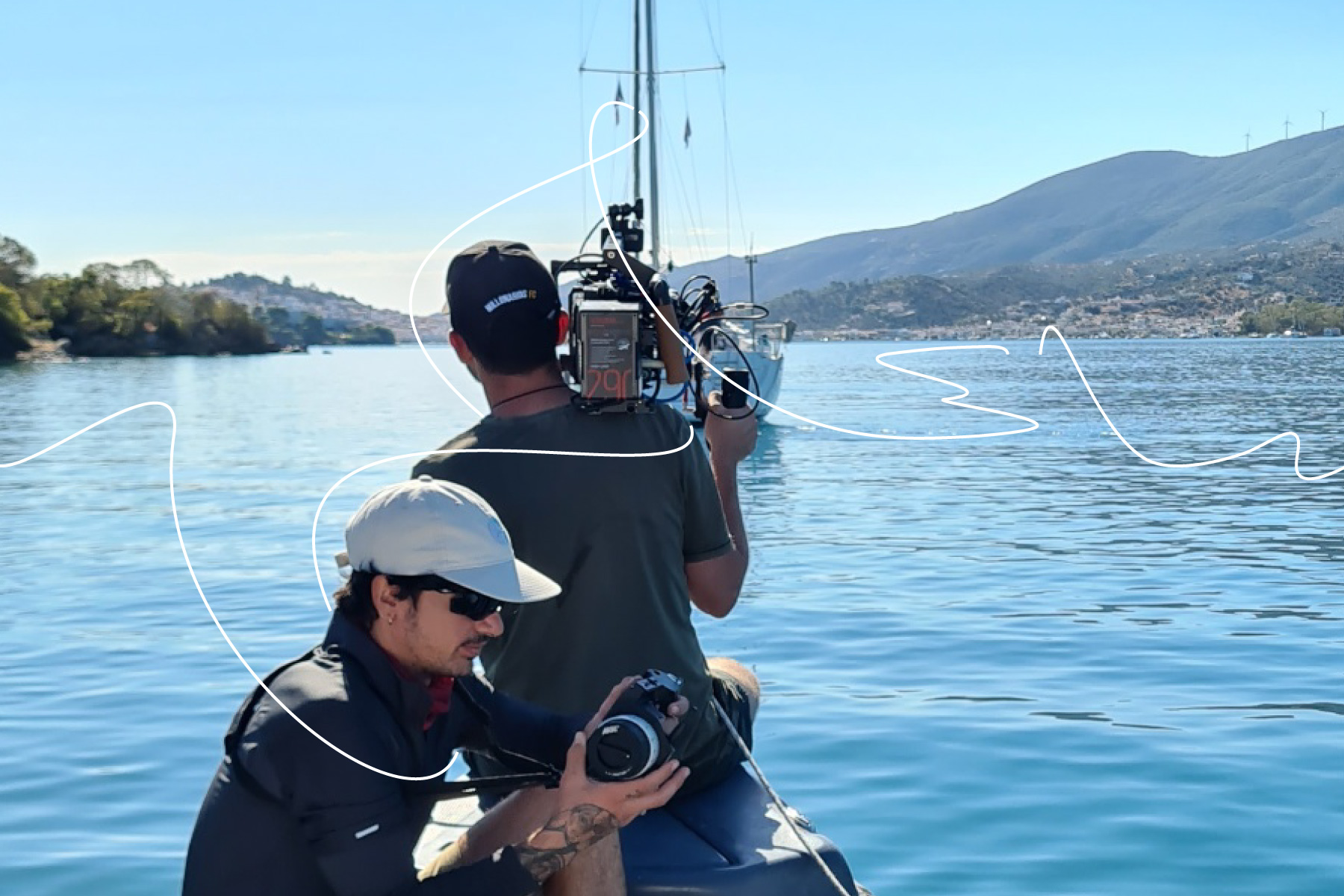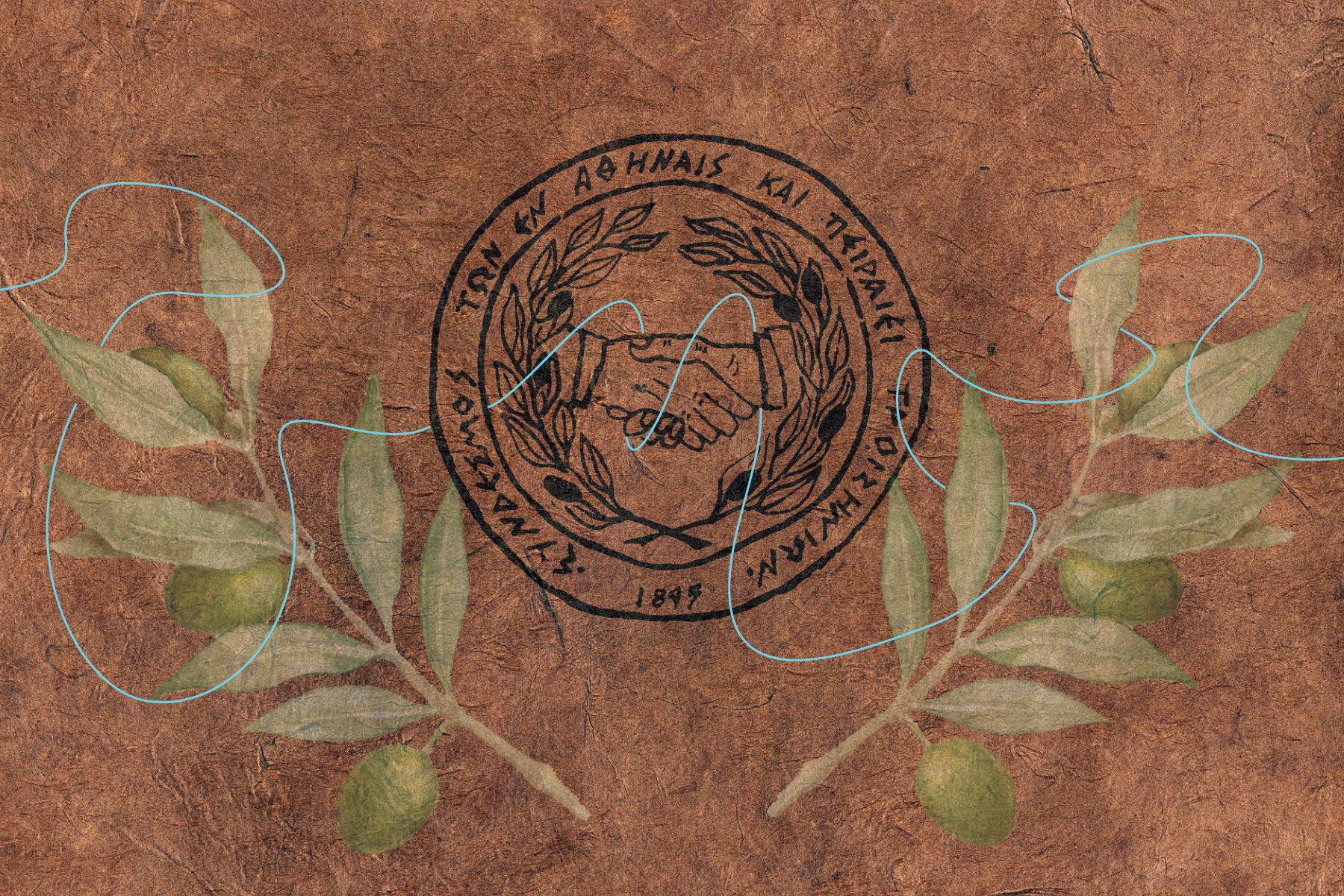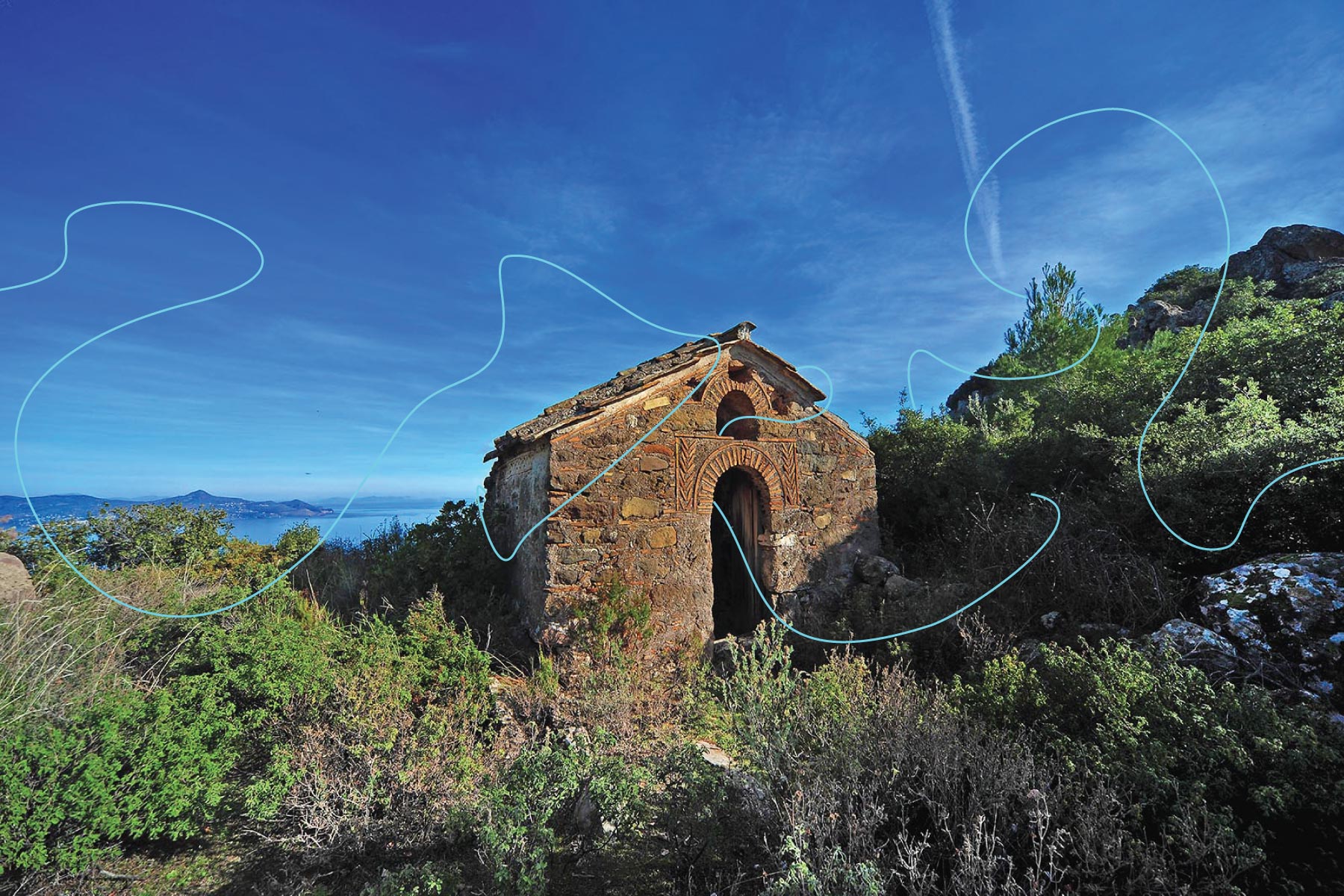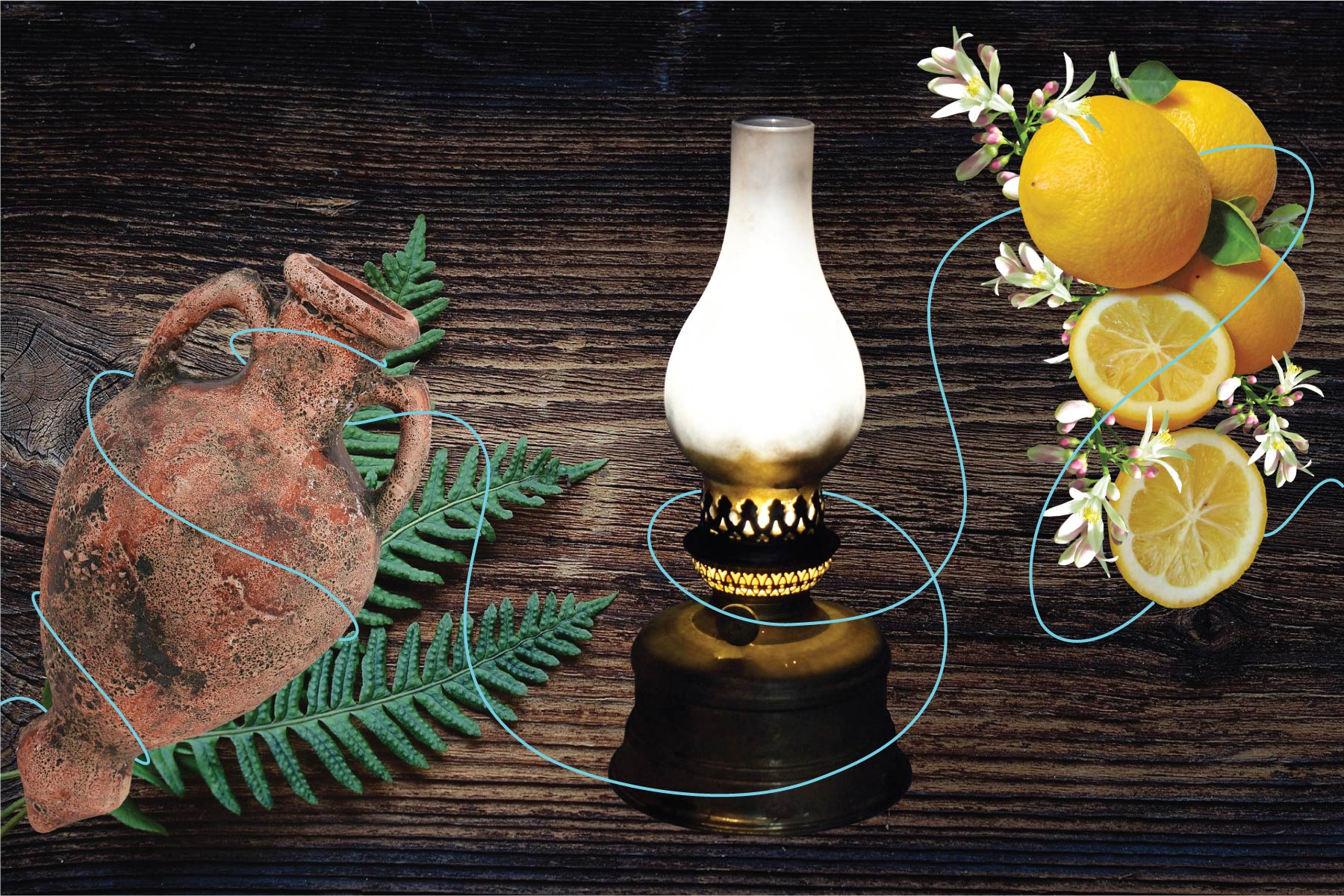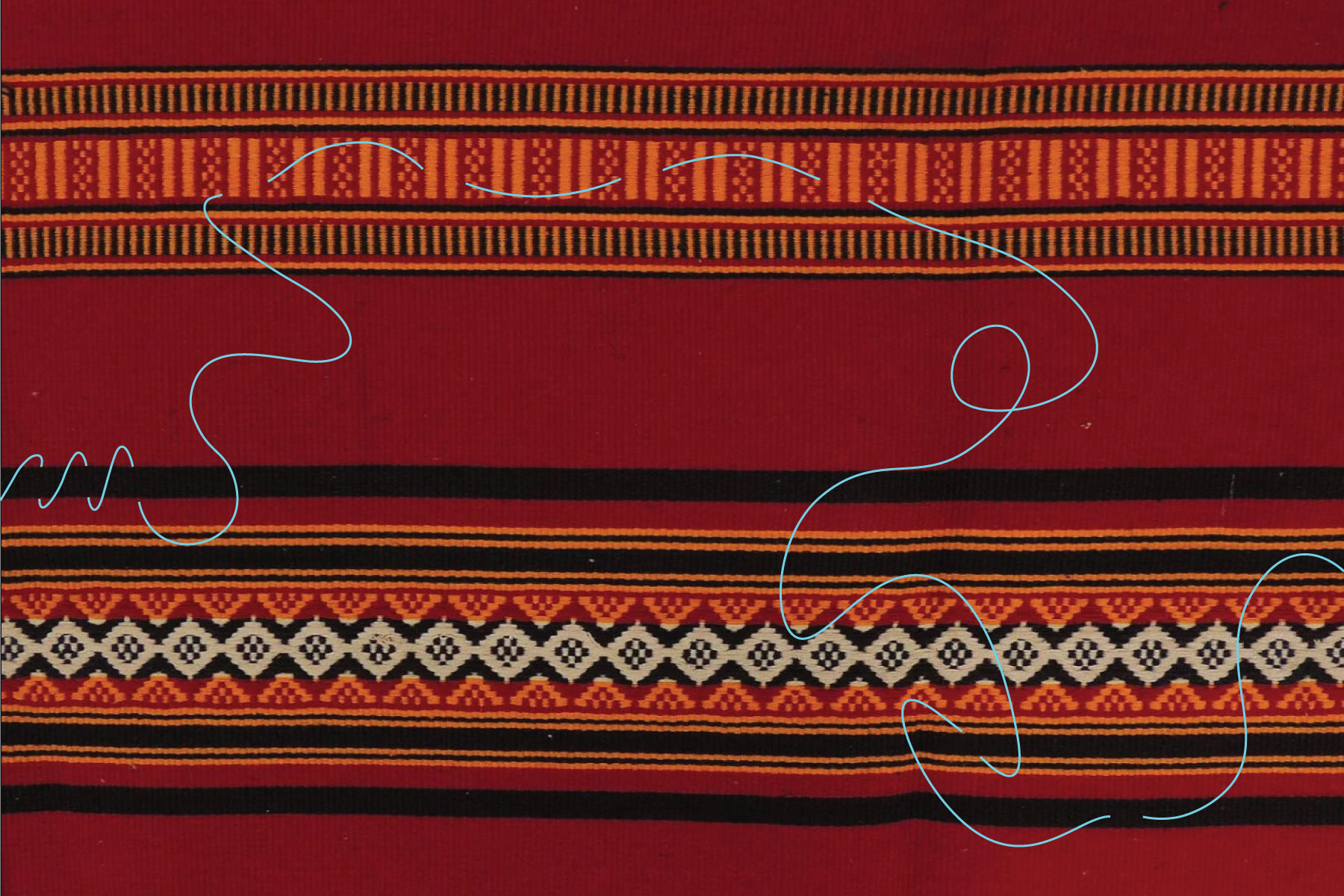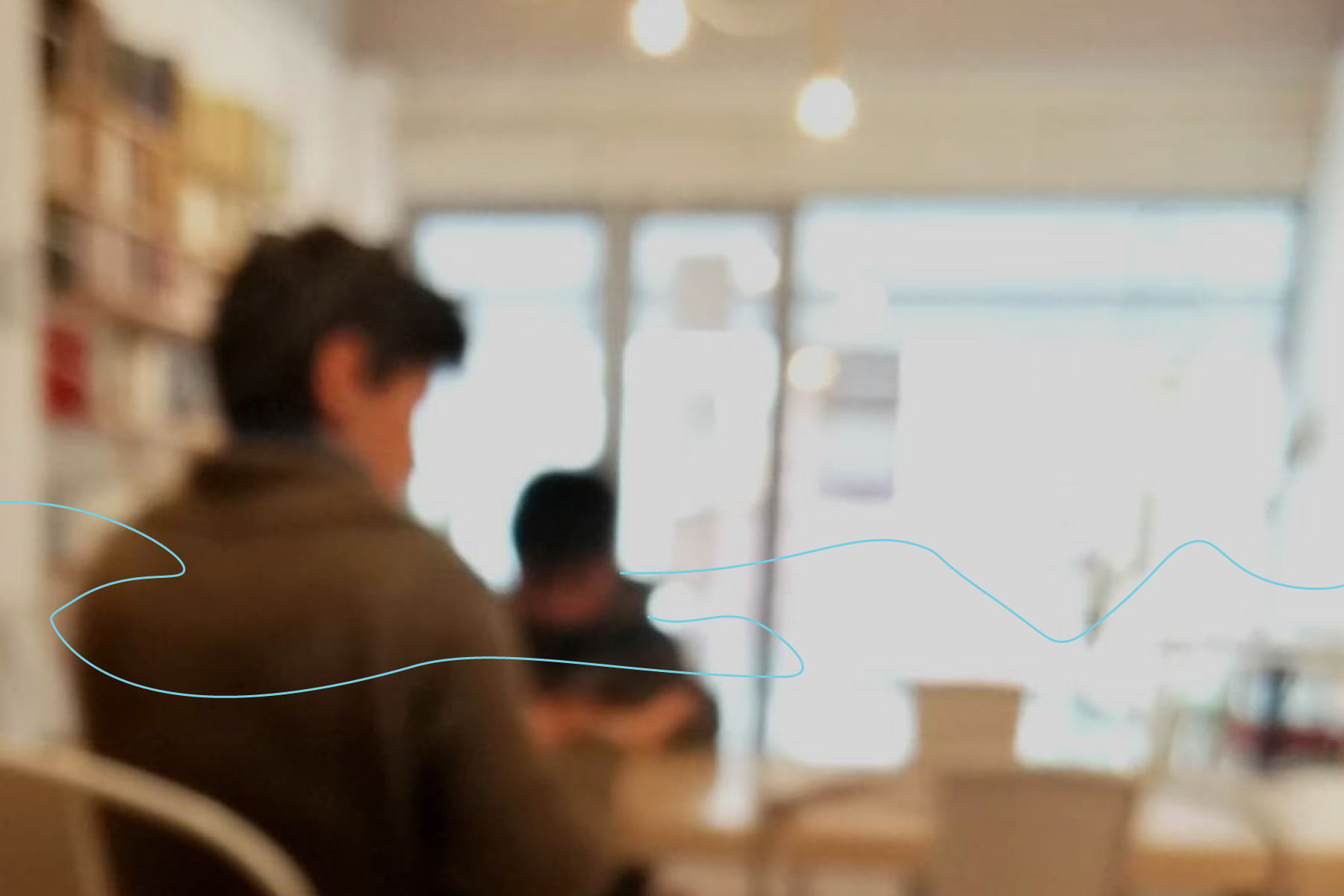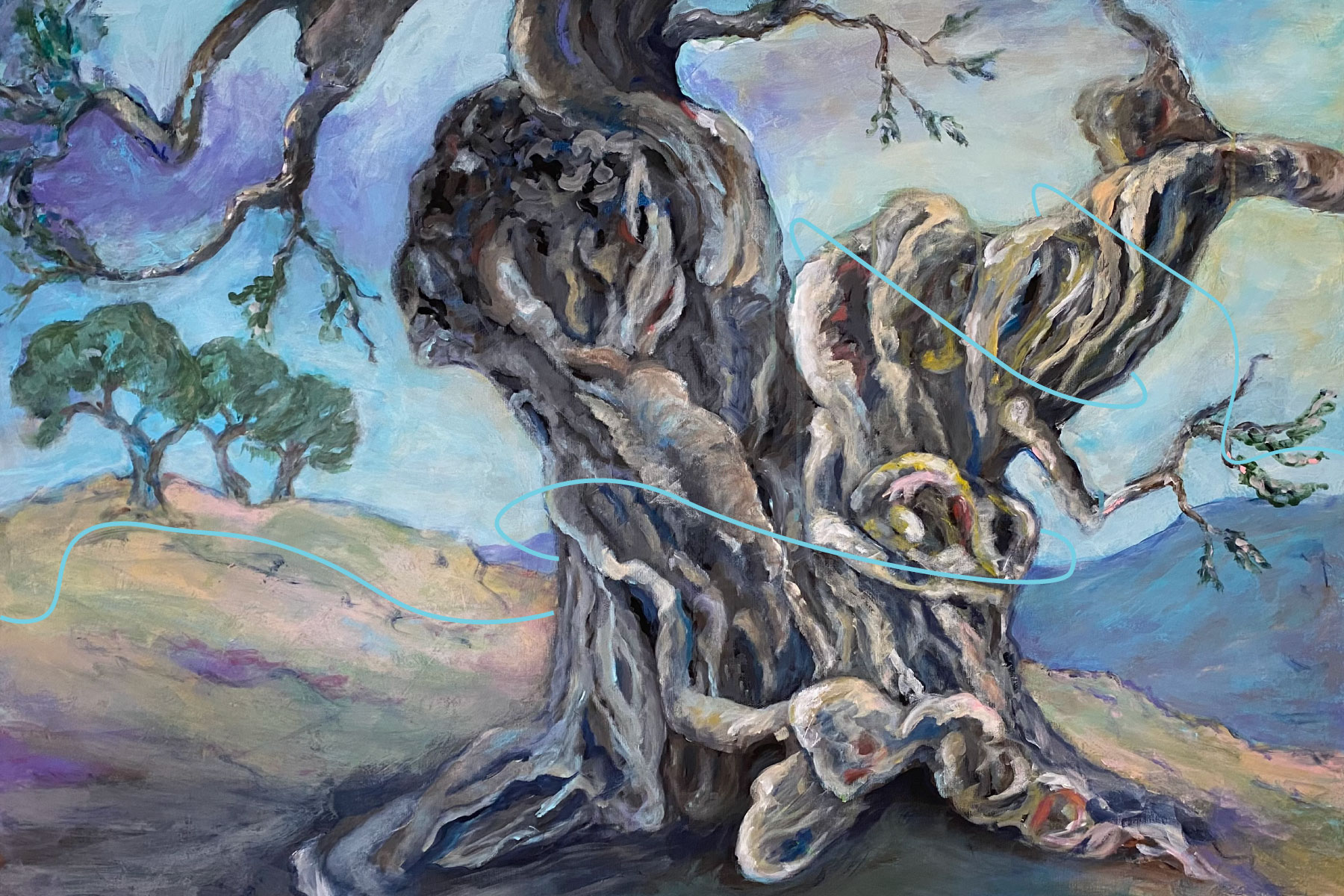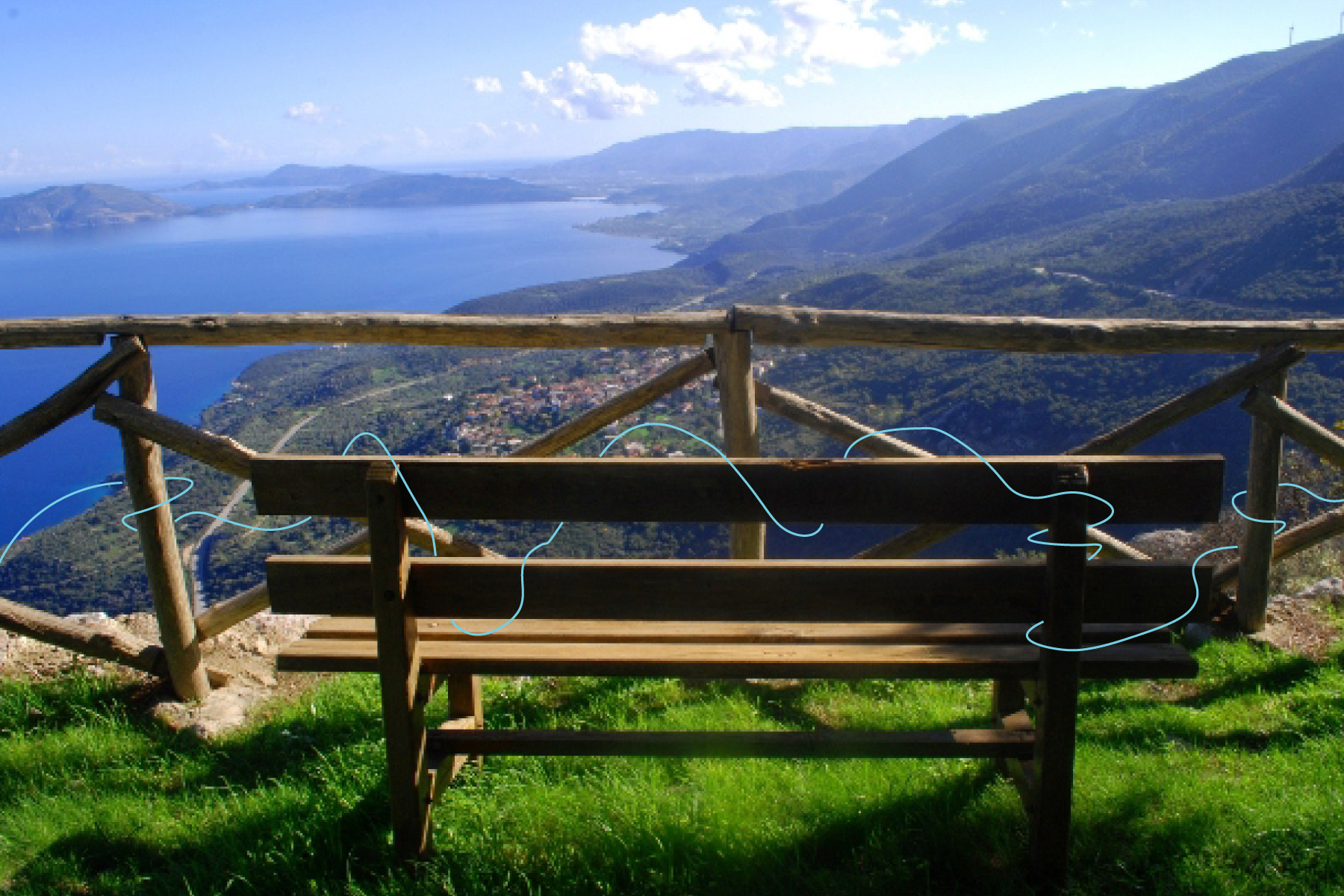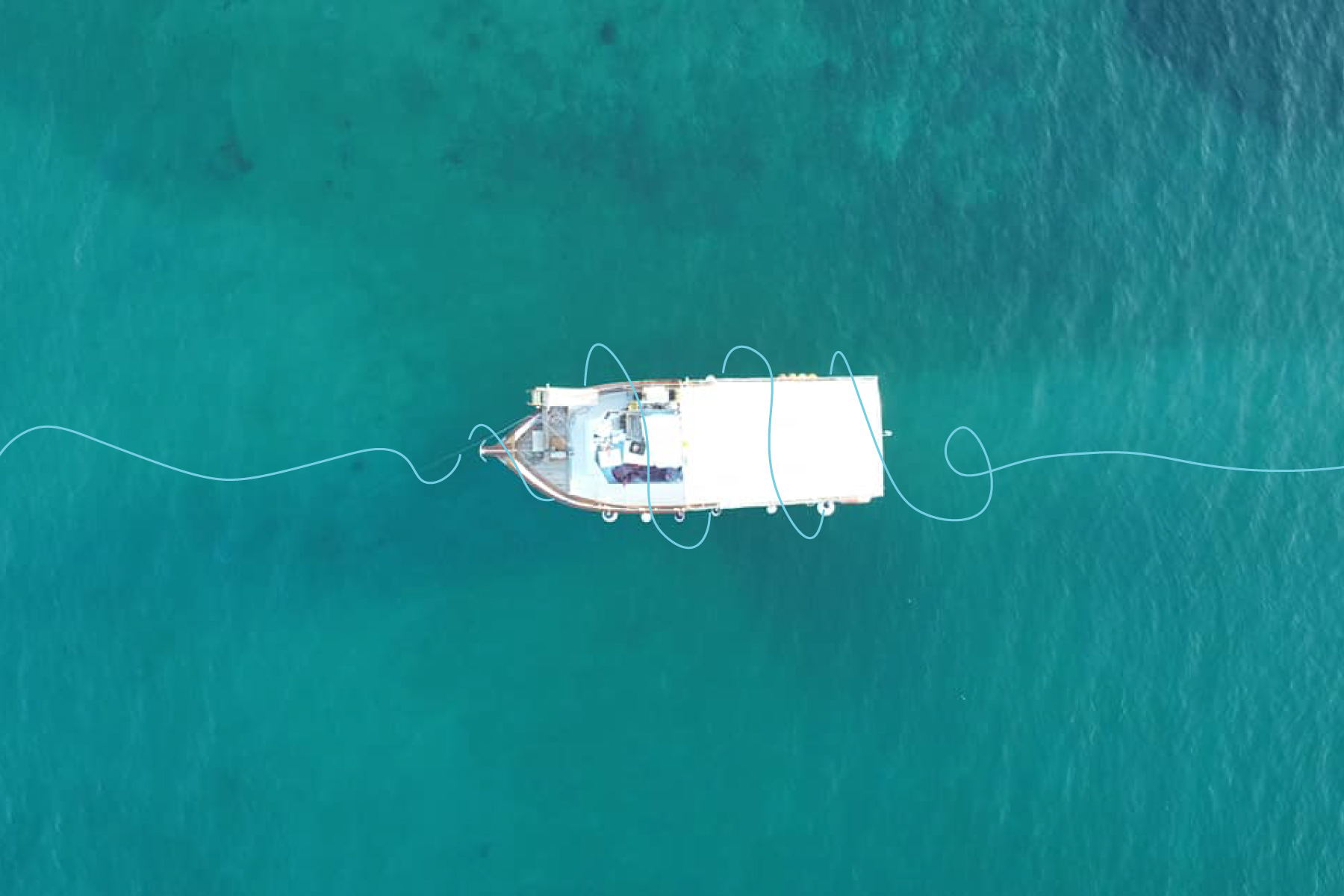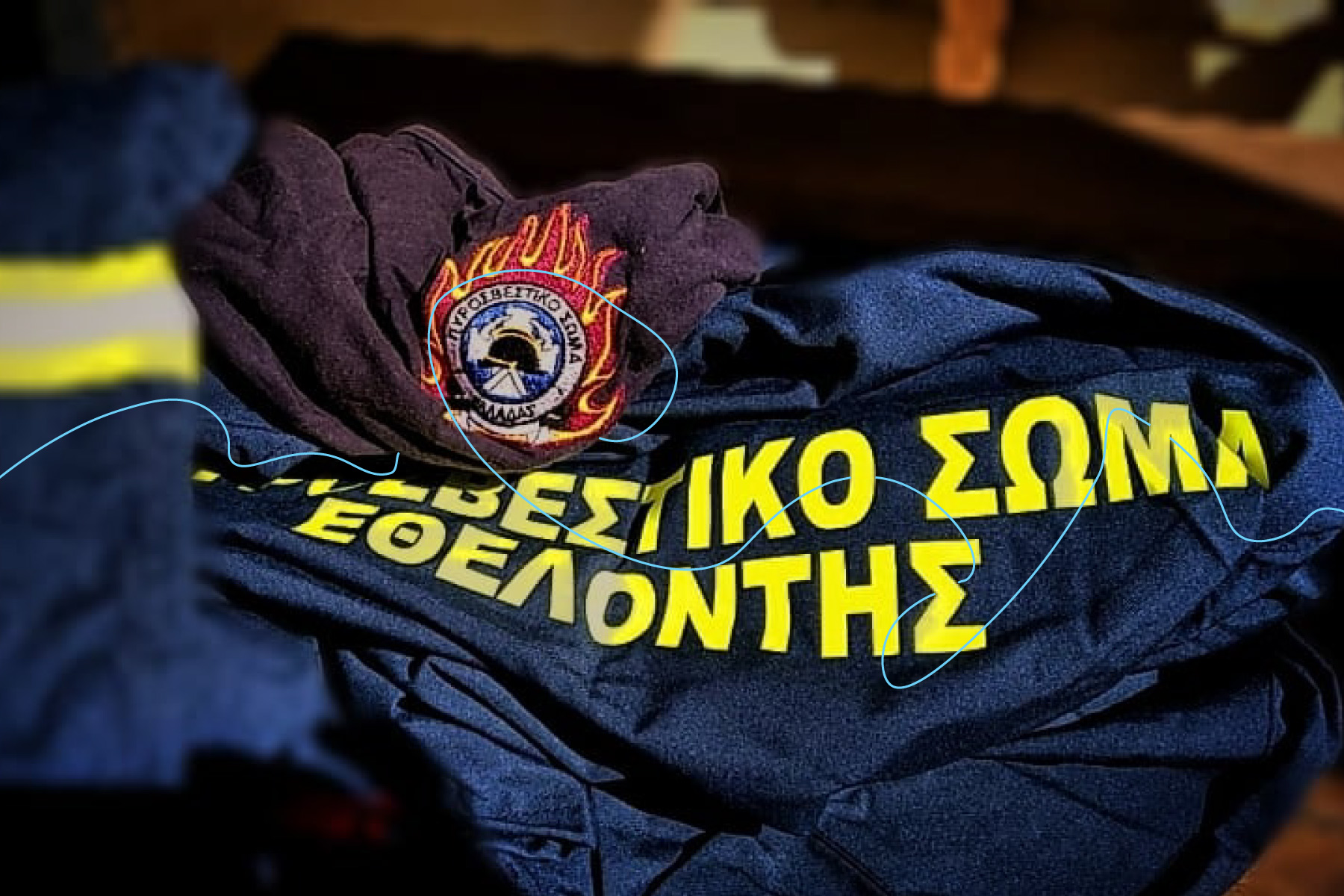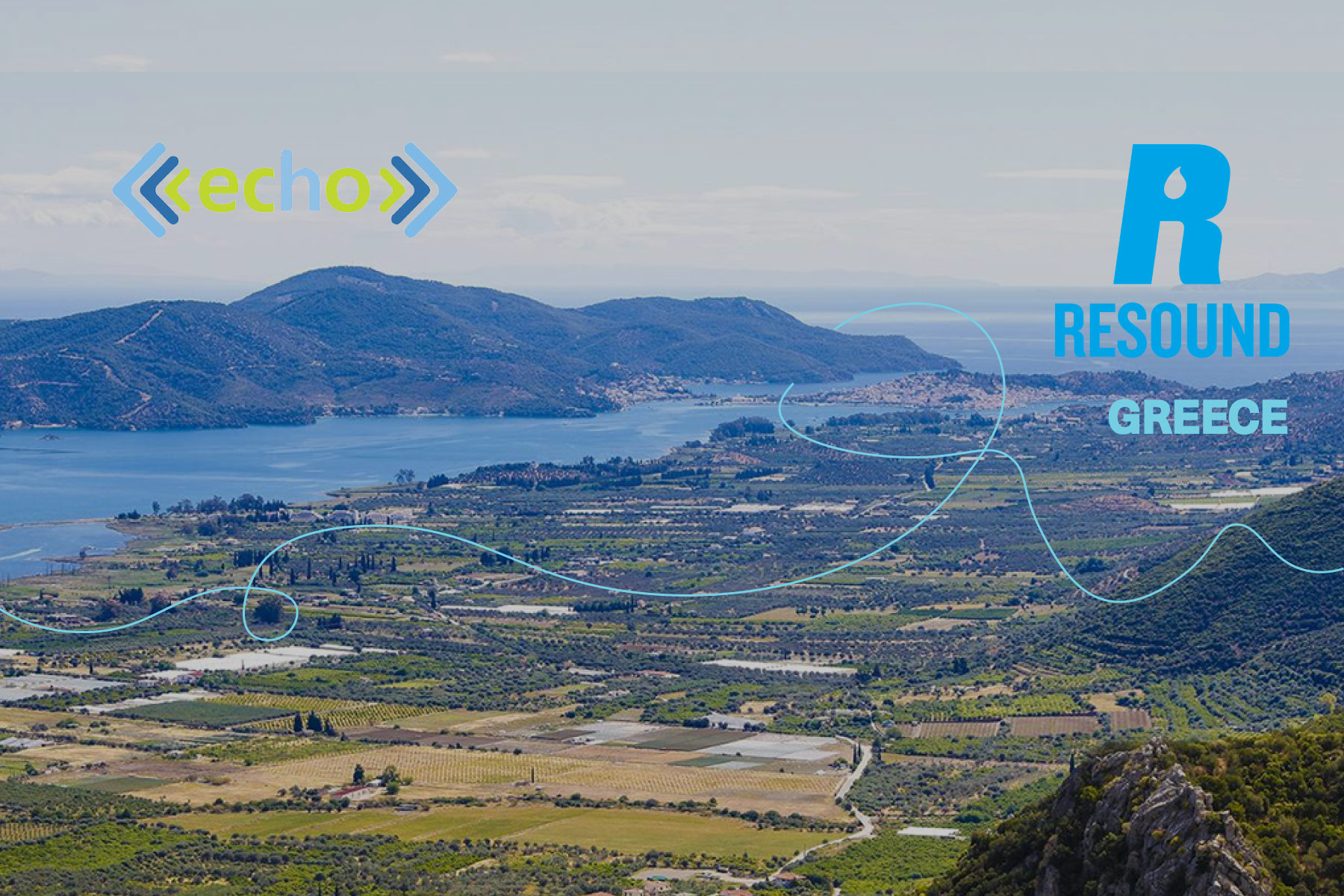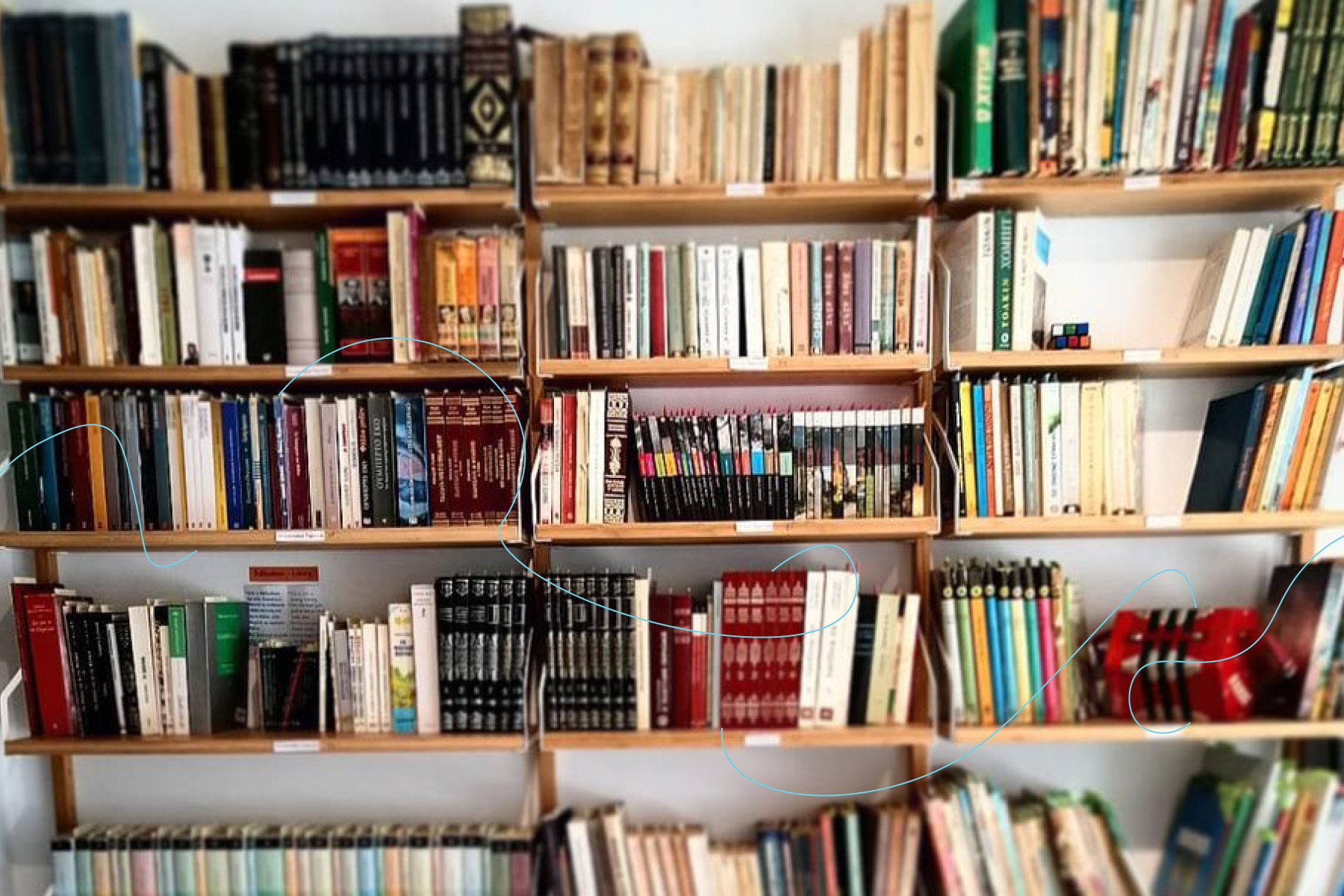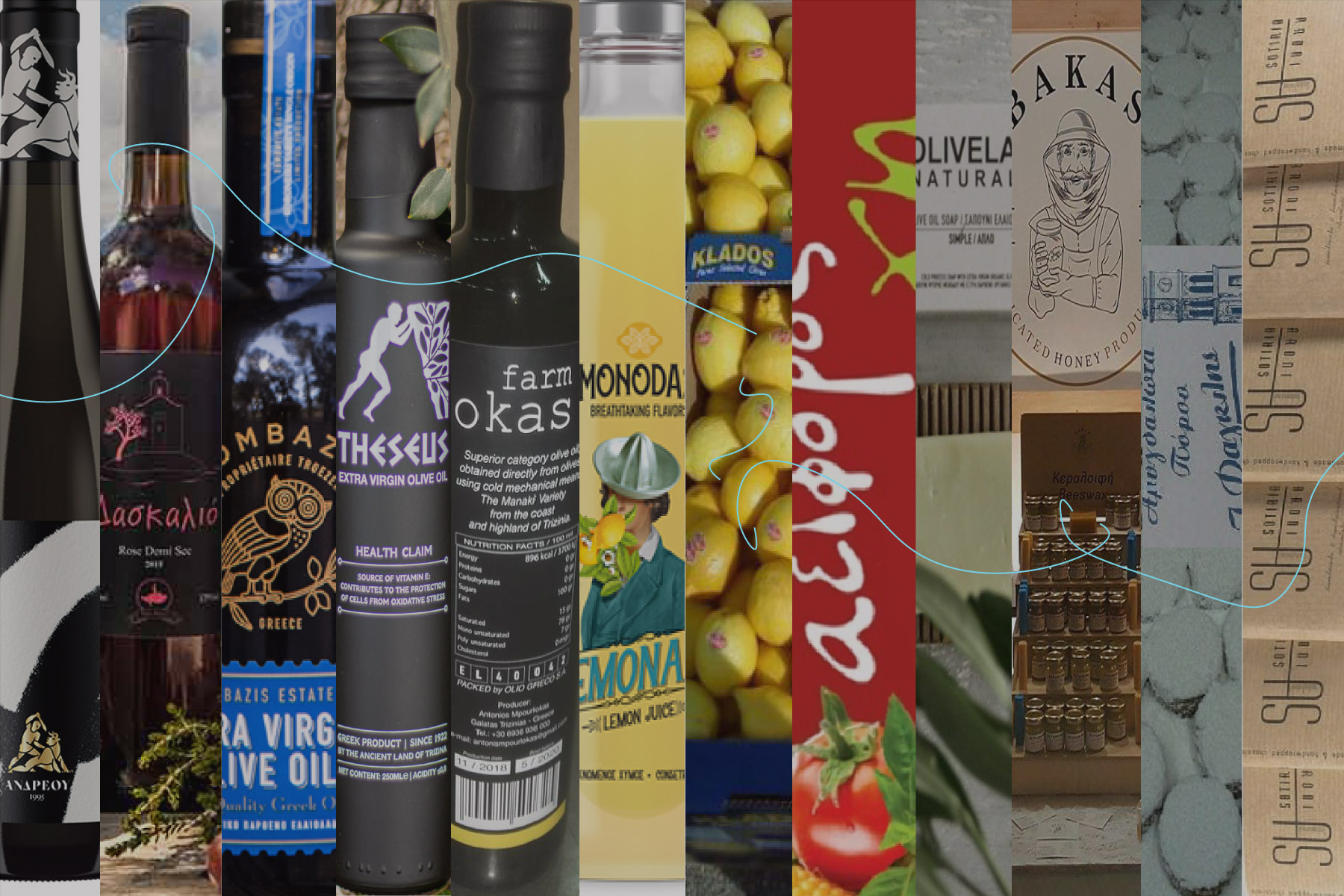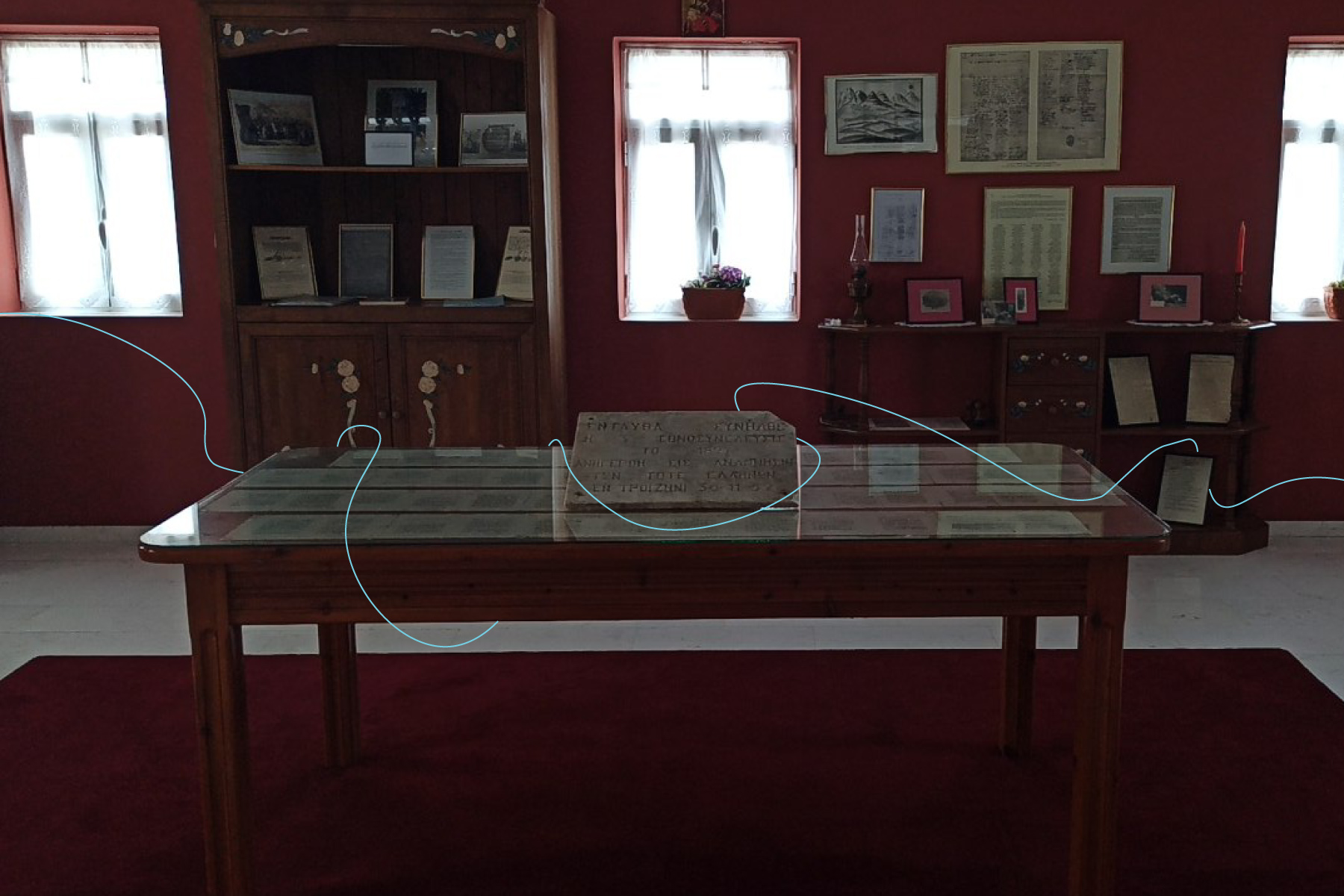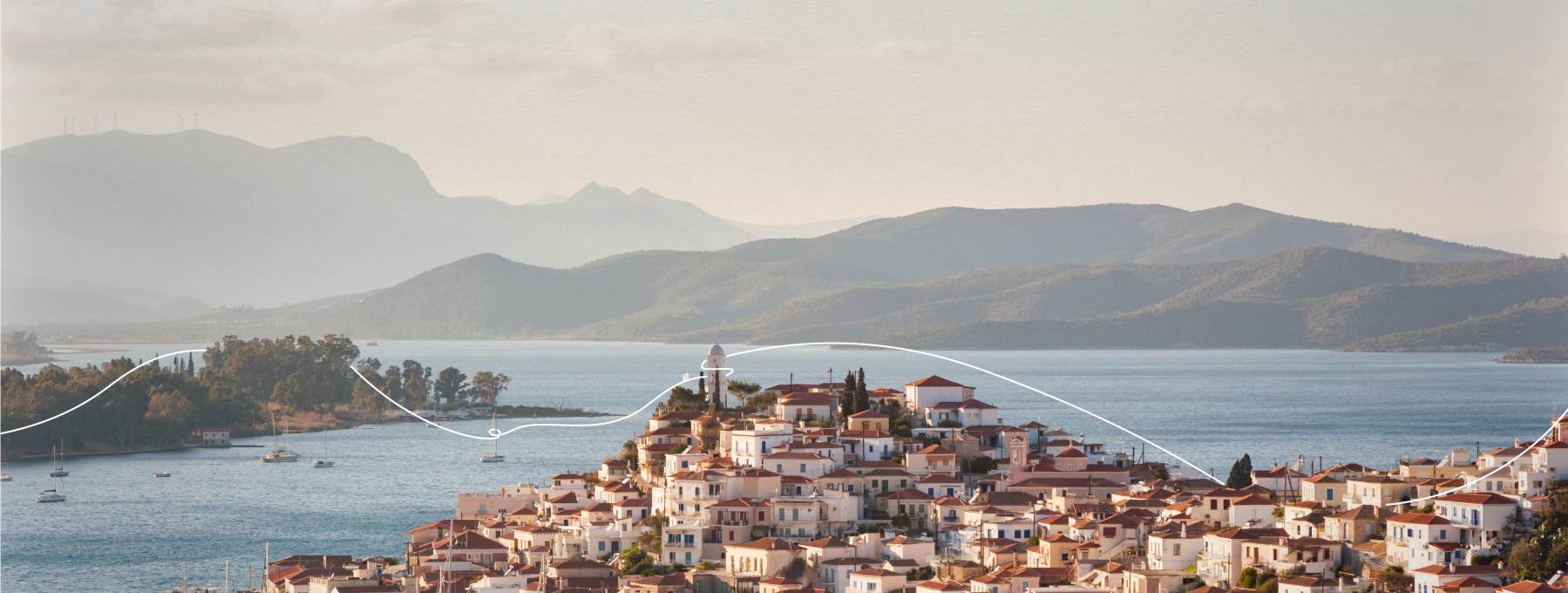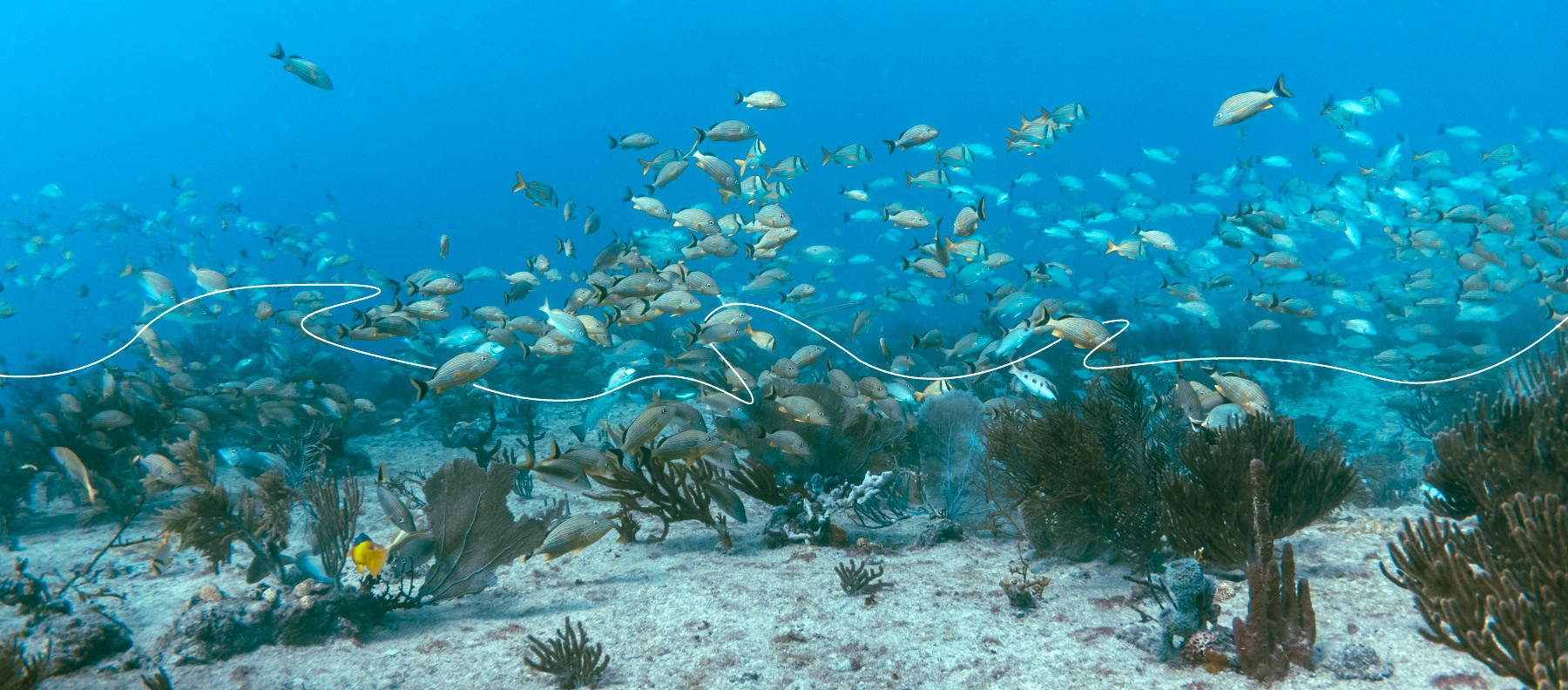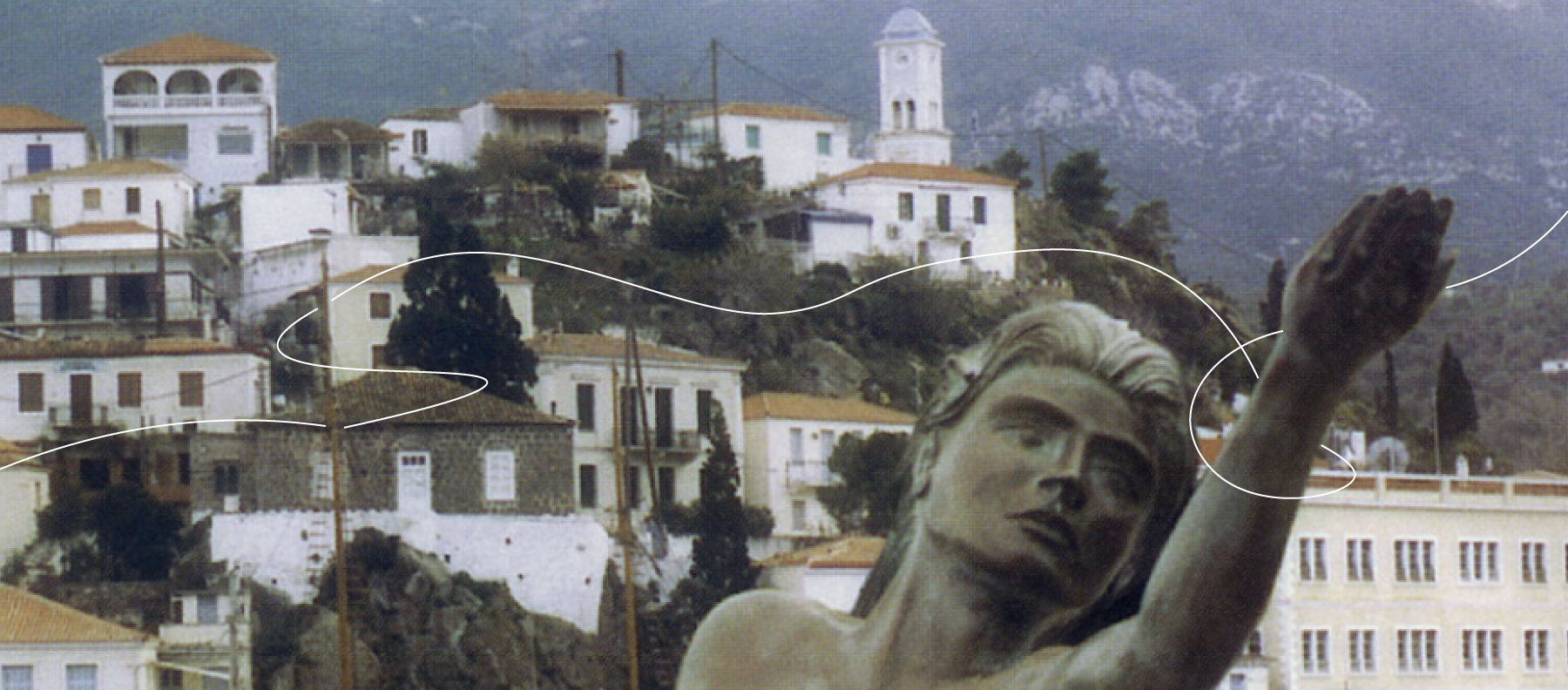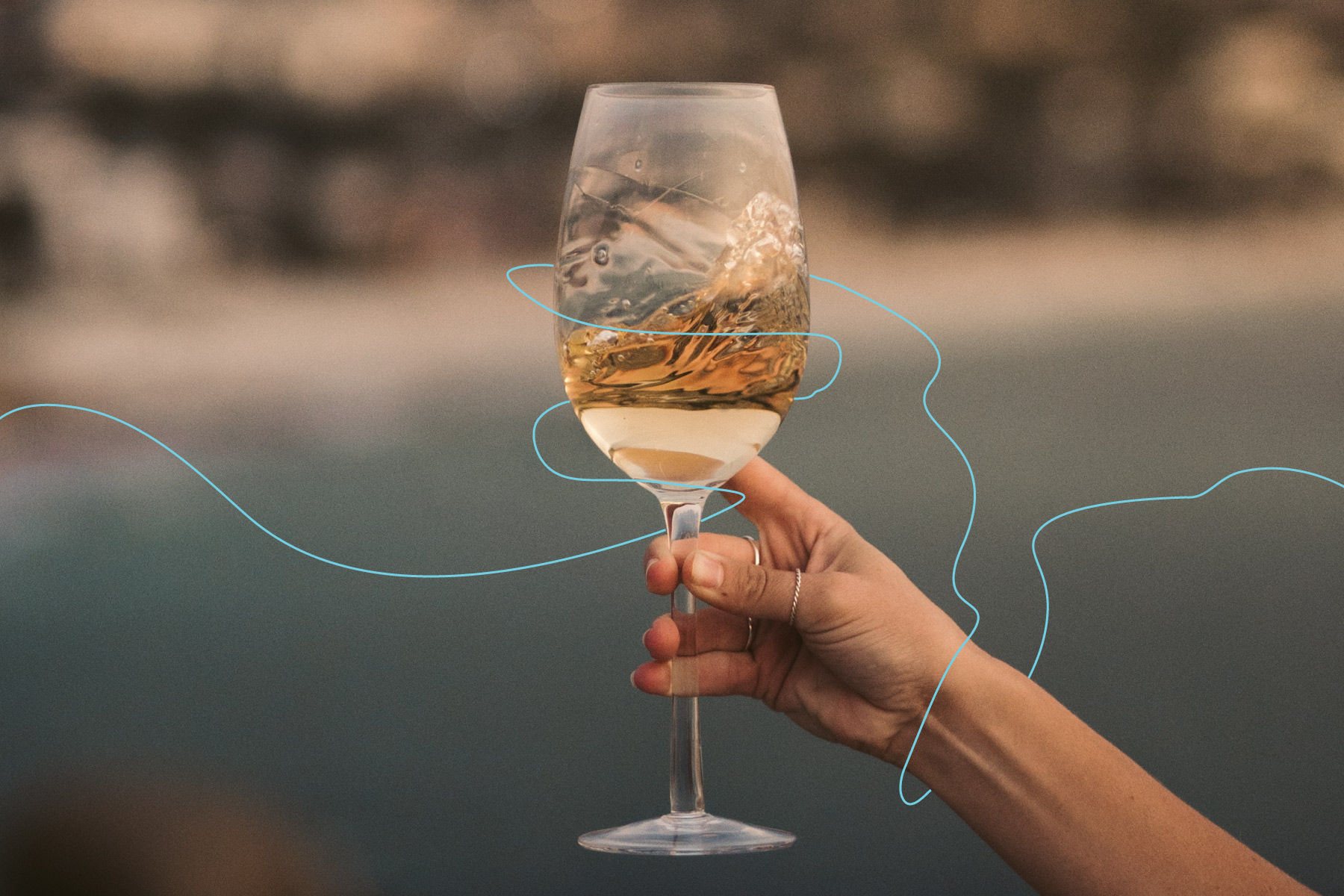
The wine routes in our area
The wine routes in our area have existed since antiquity. The ancient Greeks knew well the art of wine and loved its consumption. Perhaps more than they should sometimes! When Aegeus went to the Delphi Oracle to seek advice in relation to his problem that he could not have a son, he received the answer not to solve the prominent leg of the bag before reaching his homeland Athens. That is, not to drink too much and get drunk. But he did not understand the meaning of the oracle, so he went to Pitheas, the king of Troizina, who was wise, and asked for his opinion. Pitheas guessed the oracle, but instead of explaining it to him, he organized a royal feast at the same night, got Aegeus drunk and married him to his daughter, Aethra. This is how Theseus was born.
Traditions and modern production
Nowadays, wine remains a popular drink, but also an important agricultural product. Peloponnesian varieties are cultivated in our area, such as asproudi, roditis alepou, savatiano, agiorgitiko and moschofilero. In recent years, new varieties have been introduced, such as assyrtiko.


In Methana there was a large production of wines in the past and in many parts of the peninsula one can still find the ancient wine presses. Even today some people harvest the vines and transport the grapes with donkeys, because there are no roads. The wine of the peninsula, due to altitude and volcanic soil, brings out specific technical characteristics and has a balance in acidity and alcohol.
In the past, on Poros, there was also a very long wine production tradition. The must mostly came from other regions and each tavern produced its own wine. A characteristic traditional element is that at the time of the harvest the beaches of Poros and Galatas were filling with barrels being washed.

Another traditional profession associated with the production of wine was that of retsinas. Retsinades constituted a separate professional category. They collected and traded more than 500 tons of resin per year from the pine forest.

Nikos Hatziperos, a food technologist/agronomist, deals with oenological analyses in our area and says that the production focuses on a few wineries and small estates of growers, who cover their own needs. In recent years, there has been an evolution in wineries, accompanied by a qualitative and quantitative upgrade, bottling and research in winemaking techniques.
As he tells us, “The oenologist guides with techniques and suggestions. But the final decision on the process is taken by the winemaker.”
Andreou winery
Nektarios Andreou belongs to the third generation of winemakers in his family. He mentions that in 1960, the whole area around the winery was planted with vines and they used a traditional wine press. He took over the management of the winery ten years ago and he is now in his fourth year bottling the wine he produces.


Operating a modern winery, he began experimenting. One of the experiments he made was to age wine in the sea, at about 30 meters depth. As he tells us, “In the sea there is not much oxygen, the temperature is constantly 15 degrees Celsius come winter or summer and there is a lack of light. These are ideal conditions for aging.” Another experiment was to make retsina that was fermented in old large pots. Then the retsina remained for six months in barrels, which had been filled with a tea of 42 herbs for 24 hours. A process that was formerly called “stifarisma”.
The winery is ideal for wine tasting, combined with a tour to its premises and vineyards. Visitors learn the production process, see the exhibition with the old tools and taste different wines in the cellar, accompanied with the corresponding “meze”, learning to distinguish its age and variety. Especially foreigners become familiar with Greek varieties.

He tells us characteristically: “Wine is tasty but also the story behind wine makes you think and feel about it differently.”
Porou Ambelos

Yiannis Doskaris’s hobby to make amateur wine eventually led him to open “Porou Ampelos” wine bar. The first wine he made on a professional level was retsina, which is connected with Poros because of the pine tree and the tradition that the island had in the past with the retsinades.
After four years of operation, he makes ten different wine labels, aiming to make them easy to drink and attract a wider group of consumers. Before the pandemic, he also organized wine tasting in the wine bar, introducing the Greek wine to the visitors.

He tells us: “In recent years, Greece has been greatly upgraded concerning wine. Many old varieties have been reborn. There is a difference from the rest of Europe because there are a lot of native varieties, especially in white wine.”

He continues: “Wine is endless. You can talk for hours about it. I am glad that lately we managed to attract young people to wine, because it is a difficult drink at these ages, they do not prefer it.”.
Katheti features wine, as well as many other local products, because they contribute to the special character of our area. They can enable us to attract guests who are interested in special experiences, such as wine tasting. Experiences that are included in the concept of sustainable tourism, to whose promotion it contributes through the Ec(h)o consortium and Project Resound.
Photos 1, 2, 4, 5, 6, 7: Andreou winery
Photos 3, 8, 9, 10: “Porou Ambelos” wine bar
